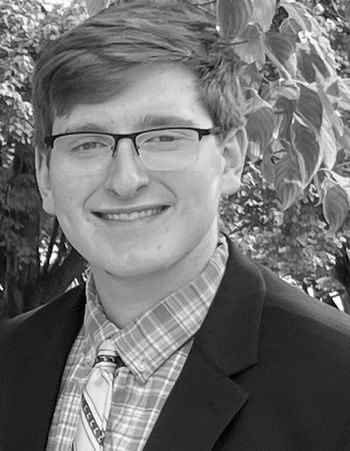New Idaho law aims to curb DEI at public universities
Yet, Boise State University is continuing to offer a certificate in 'Diversity, Equity, and Inclusion.'
The school’s sociology department also hosted an 'Anti-Racism Collective Art Show' last year.
Idaho Governor Brad Little signed a measure into law on April 4 that is intended to limit Diversity, Equity and Inclusion (DEI) practices in higher education.
The new law, called Senate Bill 1198, aims to accomplish several goals, such as “to define terms”, “to prohibit diversity, equity, and inclusion offices and officers at institutions of higher education” and “to provide an alternative use for certain funds.”
The law also seeks to end diversity trainings and empower the attorney general to enforce the provisions.
The bill’s text outlines that “DEI” includes “any trainings, programs, activities, or instruction that is derived from or that promotes the tenets or concepts of critical theory, including but not limited to the concepts of unconscious or implicit bias, microaggressions, internalized racism, cultural appropriation, structural equity, settler colonialism, [and] group marginalization.”
[RELATED: Trump admin pauses $2.2B in Harvard funding as school resists DEI changes]
The law also explicitly bans Idaho universities from establishing required courses for the purpose of earning any academic degree program, including majors and minors.
Despite this new law, Boise State University continues to offer a certificate program in DEI through its sociology department.
According to the department’s website, the program is intended to “equip [students] with the knowledge, skills, and tools to become a leader in creating inclusive and equitable workplaces.”
The website also touts key benefits that students will receive as part of undergoing the certificate program, such as standing out to potential employers.
[RELATED: Caltech removes DEI language from administrator title while preserving DEI office]
Yet, a spokesperson for the university told Campus Reform that officials are working to “better understand the implications of the new law.”
“Our goal is to serve and support our students, faculty and staff,” the spokesperson continued. “We will communicate and provide guidance to the campus community as we complete our collective analysis of this law and how it may affect university programs, courses and activities.”
Starting in 2021, the sociology department has also hosted an “Anti-Racism Collective Art Show” that has the purpose of “engag[ing] with pathways of emergence through collaborative research and activism in the pursuit of social change.”

